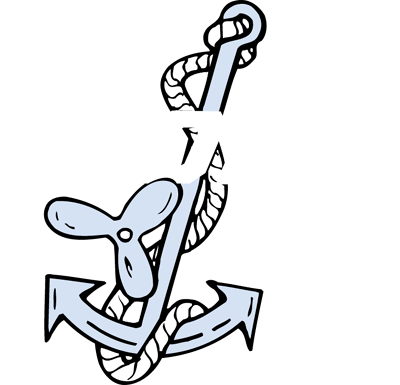While huge strides have been made in improving maritime safety in recent years, there is substantial evidence showing that fatigue and distraction are real problems that have led to a multitude of marine casualties.
Regardless of how much rest a mariner gets beforehand, a long and grueling shift is just that. Especially for those operating on a 24/7 rotating schedule, it is only a matter of time before they become clinically fatigued, both physically and mentally. Without increased manpower, no amount of carefully-crafted work/rest schedules will ever dissipate the potential tragedies lurking in fatigue's shadow.
And, while fatigue has been attributed as the cause in a large number of marine spills, collisions and groundings, it is not the only culprit, for sure.
Being a professional mariner has always been fraught with distraction – dealing with a host of multifaceted equipment types, traffic, navigation and a variety of other tasks – in every kind of weather and at all hours of the day. Yet, anything that hinders proper vessel operation can result in tragic outcomes.
As San Francisco Bay Pilot Captain George Livingston's editorial on "Distraction" poignantly states:
"Today, however, one must add the almost constant flow of information coming from our cell phones. As modern piloting goes, the cell phone has become a requirement of the job. There is little to debate here, it is not just a phone, it is a handheld mobile platform essential to the task at hand. The remarkable technology contained within is, at once, its greatest strength and its greatest weakness. We have to have it in order to perform the tasks required of the job, but having it is one of the greatest distractions mariners face. It’s a catch 22, can’t live without it, hard to live with it, what to do?"
There are no easy answers when it comes to solving the problem of fatigue and distraction in the marine industry. Furthermore, as technology catapults us forward at persistently faster rates, it seems as if both fatigue and job-inherent distractions will always ride in the wake of "progress." A bit ironic when you consider that progress is the act of moving forward and, with all the lives our quest for progress has put at stake, it can seem, at times, like a giant step backward.
Since 1935, MOPS has protected the licenses and livelihoods of more than 80,000 deck and engineering officers, state and federal pilots and certified tankermen.
We cover USCG licensed officers operating aboard vessels of any size in every sector of the maritime industry. If you want a quote, give us a ring at 800-782-8902, ext. 3608 or 3302. Or fill out our online form and we'll email you a quote.

